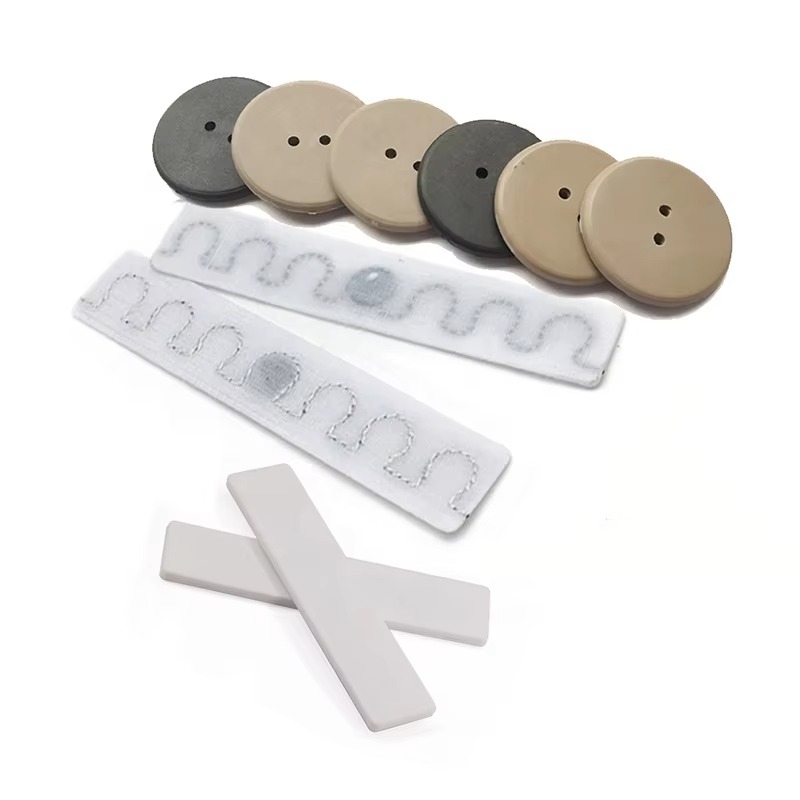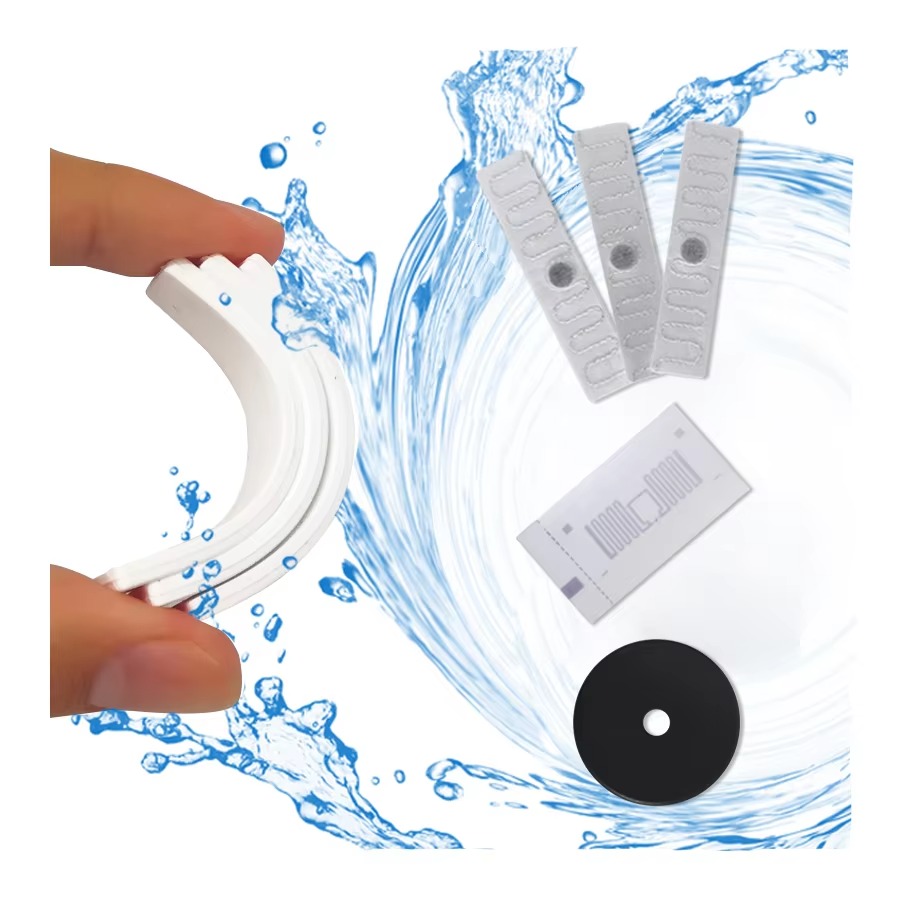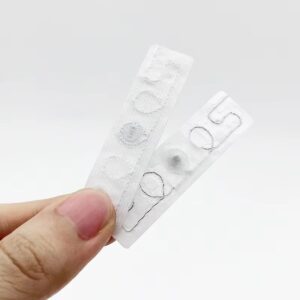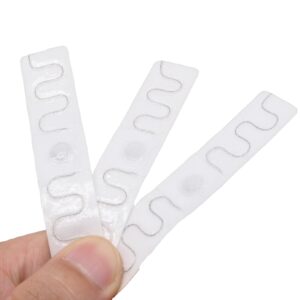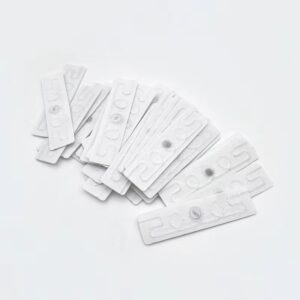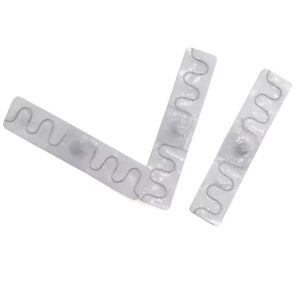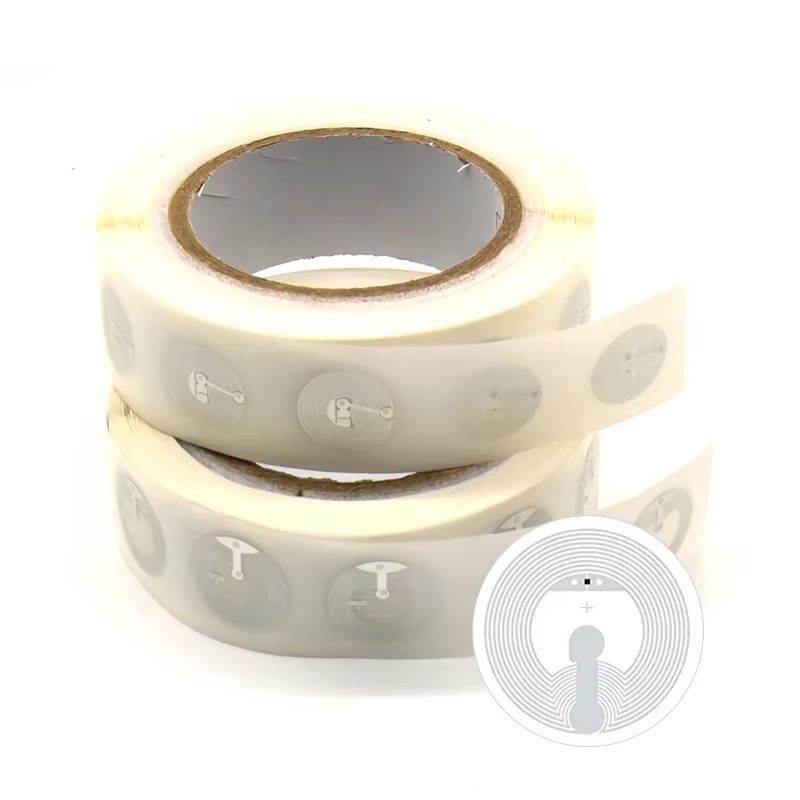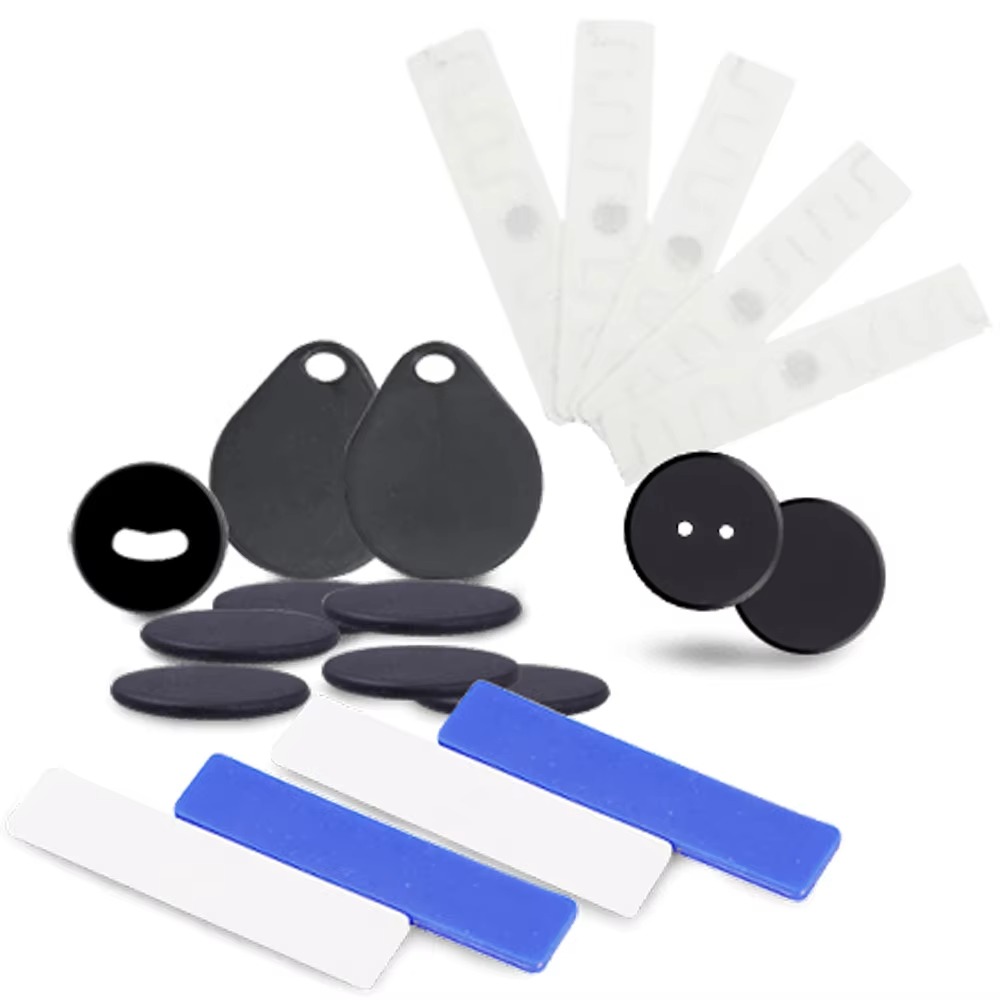
RFID Clothing Tags: Why Are They the Future of Apparel?
Introduction to RFID Technology Welcome to the world of RFID technology, where tracking and managing inventory becomes a breeze. RFID, or Radio Frequency Identification, uses electromagnetic fields to automatically identify and track tags attached to objects. This technology has been around for decades, but its integration into the apparel industry is relatively new and revolutionary.

